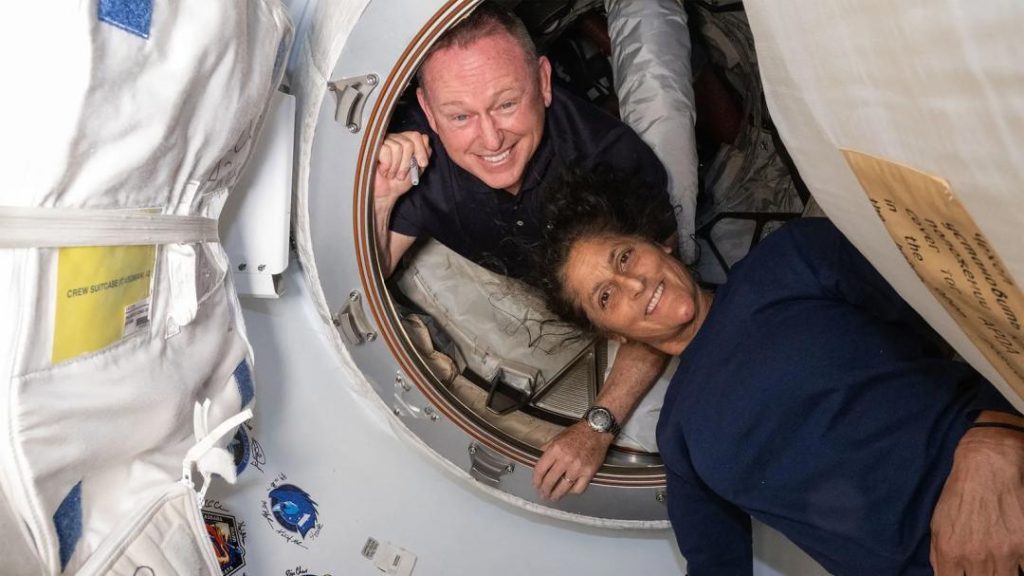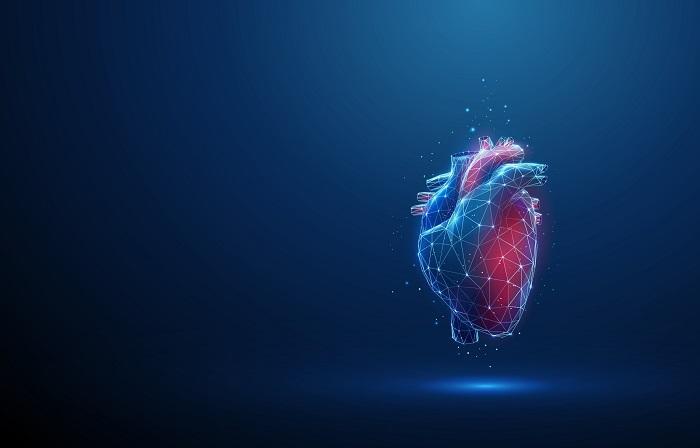
What Challenges Will Sunita Williams & Butch Wilmore Face After Returning to Earth?
Next week, astronauts Sunita Williams and Butch Wilmore are set to return to Earth after completing their space missions. While their time in space has been filled with exciting experiences, they are likely to face some major challenges as they readjust to life on our planet. In this blog post, we’ll explore the physical and mental challenges that Sunita Williams and Butch Wilmore may face after returning to Earth.
Baby Feet and Bone Density Loss
One of the most significant challenges that astronauts face upon returning to Earth is the loss of bone density. Prolonged periods of weightlessness can cause bones to lose their density, a condition known as osteoporosis. This can lead to a range of problems, including brittle bones, fractures, and even osteopenia, a condition characterized by low bone mass.
To combat this loss of bone density, astronauts undergo rigorous exercise regimens while in space. However, this may not be enough to completely reverse the effects of osteoporosis. Upon returning to Earth, astronauts may experience muscle weakness, joint pain, and even difficulty walking.
Another challenge that Sunita Williams and Butch Wilmore may face is the development of “baby feet”. This phenomenon occurs when the muscles in the legs and feet atrophy due to reduced gravitational forces. As a result, astronauts may experience difficulties with balance and coordination, making everyday activities like walking and climbing stairs a challenge.
Post-Flight Fatigue and Sleep Disorders
In addition to physical challenges, astronauts may also experience mental and emotional difficulties upon returning to Earth. Prolonged periods of space travel can disrupt the body’s natural rhythms, leading to fatigue, insomnia, and other sleep disorders.
Sleep is essential for physical and mental recovery, and astronauts may struggle to establish a regular sleep pattern upon return. This can lead to feelings of grogginess, irritability, and decreased cognitive function. To combat this, astronauts may need to undergo sleep therapy and establish a consistent sleep schedule.
Dizziness, Nausea, and Fainting
Astronauts who spend extended periods in space may also experience a range of physical symptoms upon return. These can include dizziness, nausea, and even fainting. This is due to the loss of blood volume in space, which can cause the body to become dehydrated and weak.
To combat these symptoms, astronauts may need to undergo hydration therapy and take medication to regulate their blood pressure. They may also need to engage in gentle exercise to help their bodies readjust to the gravitational forces of Earth.
The Psychological Impact of Space Travel
In addition to physical challenges, space travel can also have a significant psychological impact on astronauts. Prolonged periods of isolation and confinement can lead to feelings of loneliness, anxiety, and depression.
Astronauts may also experience culture shock upon returning to Earth, as they readjust to the norms and customs of their home country. This can be particularly challenging for international astronauts, who may need to readjust to a new language and cultural environment.
Conclusion
Next week, astronauts Sunita Williams and Butch Wilmore will return to Earth after completing their space missions. While their time in space has been filled with excitement and adventure, they are likely to face some significant challenges as they readjust to life on our planet.
From the loss of bone density and the development of “baby feet” to post-flight fatigue and the psychological impact of space travel, there are many challenges that astronauts must overcome upon return. By understanding these challenges, we can better appreciate the sacrifices that astronauts make to advance our understanding of space and improve our daily lives.
Source:






